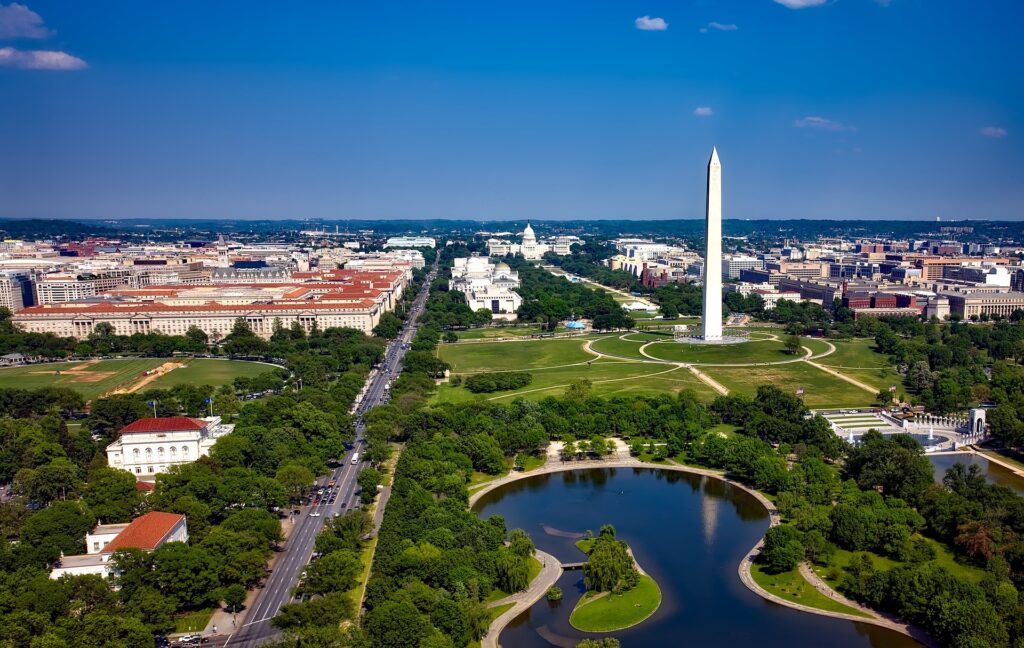The NATO and the EU-U.S. summits in Lisbon are important for the future prospects of Turkey in the EU membership process because the outcome of the NATO Summit will have a direct effect on the amount of U.S. support at the EU-U.S. summit for Turkey’s membership. So it would be wise to remember the last unofficial EU-U.S. summit that took place in Prague in the beginning of 2009 and afterwards.
Conservative parties coming to power both in Germany (2005) and France (2007) led to an anti-Turkey membership alliance followed by some smaller countries in the EU. Parallel and simultaneous statements on “privileged partnership” and declaring that Turkey was not welcomed as a full member was not doing any good to the already-troubled negotiation process where chapters were blocked by southern Cyprus and France. Also failing to ratify the Lisbon treaty, the EU questioned whether there could be anymore enlargement in the future.
At this period of time the first official bilateral visit to overseas, after Barack Hussein Obama’s election as the 44th president of the United States in November 2008, was made to Turkey. Before he did, he was in Prague for the unofficial EU heads’ of state meeting where he emphasized Turkey’s full membership as a “must” for the EU’s future. As it is also one of his most important visions to make closer ties and relations with the East, specifically the Islamic world, he stated that having Turkey in the union would be the best message to send throughout the region.
Given an immediate counter statement by Nicolas Sarkozy, the French president, that it was only up to the EU whether Turkey would join or not, Obama came to Turkey with the confidence of showing the clear support for its EU membership process. He continued expressing the U.S.’s support for membership in Ankara and Istanbul, where he gave several speeches. This also strengthened and renewed the floppy ties between the U.S. and Turkey. Naturally, the EU issue was not the only one to be raised in this visit but for the EU, the message was made clearer than ever when Obama said these words in his speech in the Turkish Parliament: “They keep asking me if I am trying to give a special message by visiting Turkey. The answer is ‘evet.’ Turkey is a critical ally and an important part of Europe. We must work together to overcome the challenges. We are close friends of both Turkey and the EU. Turkey has been a trusted ally and responsible partner in all transatlantic and European institutions. Turkey is bound to Europe with more than the bridges on the Bosphorus. Turkish membership will broaden and strengthen EU’s foundation once more.”
Obama also visited Istanbul and there he came together with some Turkish youth to answer their questions. In his answer to an EU membership-related question, he stated: “The U.S. is not a member of the EU so it is not our decision to make but that does not prevent Washington from having an opinion. I notice that Europeans have had a lot of opinions about U.S. policy for a very long time and they have not been shy about giving us suggestions about what we should be doing. So I do not think there is anything wrong with us reciprocating. That is what friends do. We think it is the right approach to have Turkey in the EU. If Turkey can be a member of NATO and protect its allies by sending and risking its troops I do not know why Turkey should not be able to sell apricots to its allies or have more freedom in terms of travel. However, make no mistake, our relations with Turkey does not depend on EU membership. Even if Turkey would continue not be a member, our bilateral relations and relations as a NATO ally will strengthen and progress.”
In the aftermath of the visit, the “privileged partnership” suggestions did not find any ground in the EU and were not repeated until the present time. The statements and bilateral meetings of Obama with both the president and the prime minister of Turkey are significantly important as a message to the EU. That is because Obama in fact had the opportunity to talk with the president at the NATO summit and with the prime minister in G20 summit. However, the U.S. chose to make an extra effort to show its sincerity on the matter.
In general, the interference of the U.S. has worked positively in Turkey-EU relations. Nowadays, Washington has increasingly focused on the importance of Turkey as a key ally in its quest to deal with rising transnational crime involving drug trafficking, money laundering, trafficking human beings and most important of all terrorism. Turkish participation in peacekeeping operations in Afghanistan, Somalia, Bosnia and Herzegovina, Kosovo and Macedonia also demonstrated to the U.S. that Turkey is a “security-producing” country. Although there had been a temporary setback in Turkey-U.S. relations due to the developments in the Middle East and Iran, the U.S. has and still is supporting Turkey in its relations with Europe. The U.S. will definitely back Turkey for the EU membership process but “how much” support it will give this time; is the “question.” Turkey’s role in the missile defense system is the “answer.”
via Will the US back Turkey once again? – Hurriyet Daily News and Economic Review.
